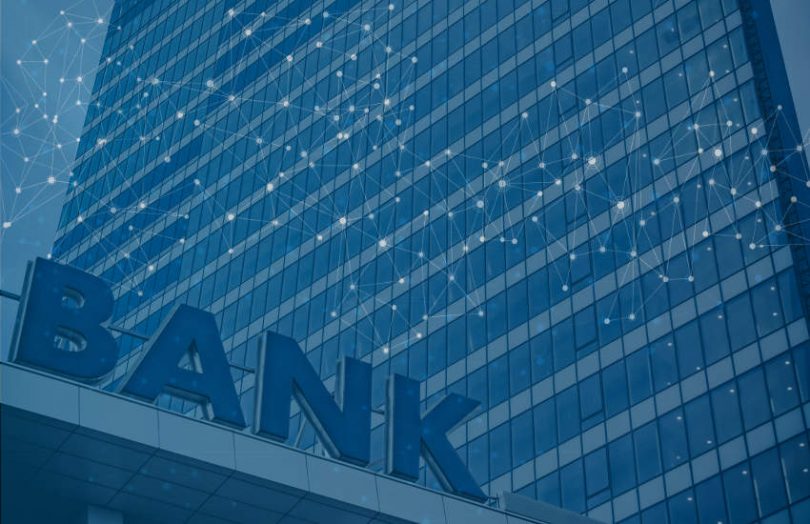A commercial bank survey conducted by the Federal Reserve in May shows only small pockets of interest in blockchain and digital assets. When asked about the relative priority of distributed ledger technology (DLT) and digital assets in the next two years, 56% said it was low or no priority, and 27% ranked it as moderate to high importance.
However, these figures may be slightly misleading. The answer to the same question showed that 37% of domestic institutions consider DLT and digital assets medium to high priority in the next 24 months compared to just 15% for foreign banks. Over a two to five year timeframe, the domestic figure rises to 50% compared to 29.5% for U.S. branches of overseas banks.
It’s conceivable these foreign bank branches are not clued into what their parent banks are planning. After all, they are not likely to be on the innovation frontline.
Additionally, the Fed acknowledged that most of the respondents that provided textual commentary said they are awaiting regulatory guidance or are currently uncertain about their plans.
Custody and wealth management score poorly
Despite the headlines of Goldman Sachs, JP Morgan and Citibank diving into blockchain and digital assets, most banks seem uninterested on the wealth management side. Forty-six percent of domestic banks have no plans at all for wealth management products, or it’s not on the radar. Regarding market making and brokerage, the figure rises to 61% and 57% for custody for those with no plans.
The category that ranked the strongest was wholesale payment or settlement, where 35% plan modest or significant investment (mainly modest) compared to 45% with no plans.
Asked about using DLT or digital assets for liquidity management, zero domestic banks ranked it as very important within two years, with 62.2% giving it a score of one out of five. Over a two to five-year timeframe, 20% consider it quite or very important.






